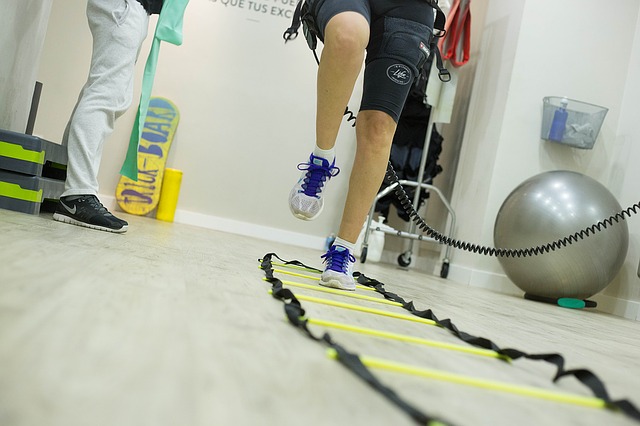Sports psychology
Sports psychology studies the relationship between the psychology and the sports, athletic performance, exercise and physical activity. Some sports psychologists also work with professional sports athletes, coaches or teams to improve the motivation and performance of the team or players. They also help players to improve performance and recover from injuries.
Sports psychologists also help he players to cope with the pressure that comes out of the competition and overcome problems with focus and motivation. They also help regular people to learn and enjoy sports and stick to the exercise.
History of Sports Psychology
Sports psychology is a new discipline in the field of psychology. World’s first sports psychology lab was introduced by Carl Diem in 1920 at the Deutsche Sporthochschule in Berlin, Germany. In 1925 two other sports psychology laboratories were discovered one by A.Z Puni at the institute of physical culture at the Leningrad and second one was developed by Coleman Griffith at the university of Illinois.
In 1923 the first course in sports psychology was offered by Griffith and also published the book on the subject title “Psychology of Coaching” In 1926. In 1932 Griffith’s lab was shut down, after that there was very less research in the field of sports psychology.
International Society of Sports Psychology (ISSP) was established by Ferruccio Antonelli in 1965 and by 1970s sports psychology was introduced as the course in universities throughout North America.
By 1980s sports psychology became more prominent as the researchers began to research how psychology can help in improving the performance of the athlete.

Sports Psychology Today
Today sports psychology is a diverse field. Finding ways to help athlete is the important part of sports psychology and using exercise and physical activity to improve the life of non – sports person is also the one of focus.
Role of Sports Psychologist
- Helping athlete coping with performance fear -: Sports psychologists help athletes in overcoming the fear of failure, fear of embarrassment or the general anxiety. This is common among highly dedicated athletes about their performance and what other people will think of their performance.
- Helping athlete to improve mental skill for performance -: This is the most common goal of sports psychologist to teach the mental skills to enhance the performance. They also help the athlete in improving confidence, focus, intensity and trust in their athletic performance.
- Helping athlete mentally prepare for the competition -: This is another role of sports psychologist to help the athlete to mentally prepare for the competition and enhance the performance.
- Helping athlete return from injury -: Sometimes it can be difficult resuming game after the injury for the athlete, depends on the nature of the injury. In such situation also sports psychologist helps the athlete to get motivation to return back to the game and supports the player in it and ensures the resumption of the performance of the athlete.
- Helping athlete to improve practice efficiency -: This is another major role of the sports psychologist to help the athlete to improve the quality of efficiency of their practice. As the coaches want the athletes to most from their practice schedule by understanding principle of motor learning and performance.
- Helping athlete develop program routine -: The role of sports psychologist is also to help athletes developing mental skills used during pregame routines. Sports psychologist also help athletes in focusing in the process rather than the results and to be more proactive with their confidence before competition.
Some keyword of sports psychology
There are number of topics of key interest of sports psychologists. Some sports psychologists focus on the specific topics while other focus some techniques. Some of the keywords of sports psychology are -:
- Attentional Focus -: It helps in focusing on the tasks and ignoring the disturbance around such as screaming of fans.
- Imagery -: Involvers visualizing a particular task such as participating in an athletic event or successfully completing a skill.
- Motivation -: The major role of sports psychology is to provide motivation to the athlete; the athlete should be high on both extrinsic motivation and intrinsic motivation.
Requirement of becoming a sports psychologist
B.A / BSc in Psychology M.A in clinical, counseling or sports psychology.
Becoming a sports psychologist can be a very good and exciting career option for psychology students especially for those who are interested in sports and physical activities.